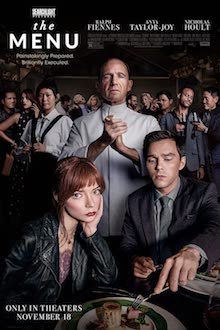Direction: Edward Berger
Country: UK / USA
From Andrew Berger, the German director behind the multi-award-winning anti-war epic All Quiet on the Western Front (2022), Andrew Berger, comes the more subdued Conclave. This religion-themed thriller, penned by Peter Straughan and based on Robert Harris’ 2016 novel, delves into the shadowy world of Vatican politics. Ralph Fiennes takes the lead as Cardinal-Dean Thomas Lawrence, a man grappling with a personal crisis of faith while tasked with overseeing the papal conclave following the pope's sudden death.
As the slow and ritualistic process of selecting the new leader of the Catholic Church unfolds, Lawrence encounters a web of secrets, conspiracies, prejudice, and ambition. Among the candidates vying for the position, one figure stands out: Vincent Benitez (Carlos Diehz), a little-known Mexican archbishop stationed in Kabul, whose presence stirs unease and curiosity among the cardinals.
Cocooned in gravitas and profound doubt, Conclave thrives on the nuanced performances of its seasoned cast. Fiennes, for example, not only chews the scenery but savors it, as he expresses deep concern about the future of the church with Stanley Tucci and Isabella Rossellini offering strong supporting turns.
Although not particularly groundbreaking in its clash of modernity and tradition within the Church, the film at least never commits the deadliest sin in cinema: boredom, providing enough good material to keep its iniquitous fires burning. Yet, this gun-free thriller—effectively blending faith, tradition, and politics—could have been even more gripping if infused with more scandal, intrigue, and mystery. Ultimately, your enjoyment of Conclave may depend on your perspective on its themes.








